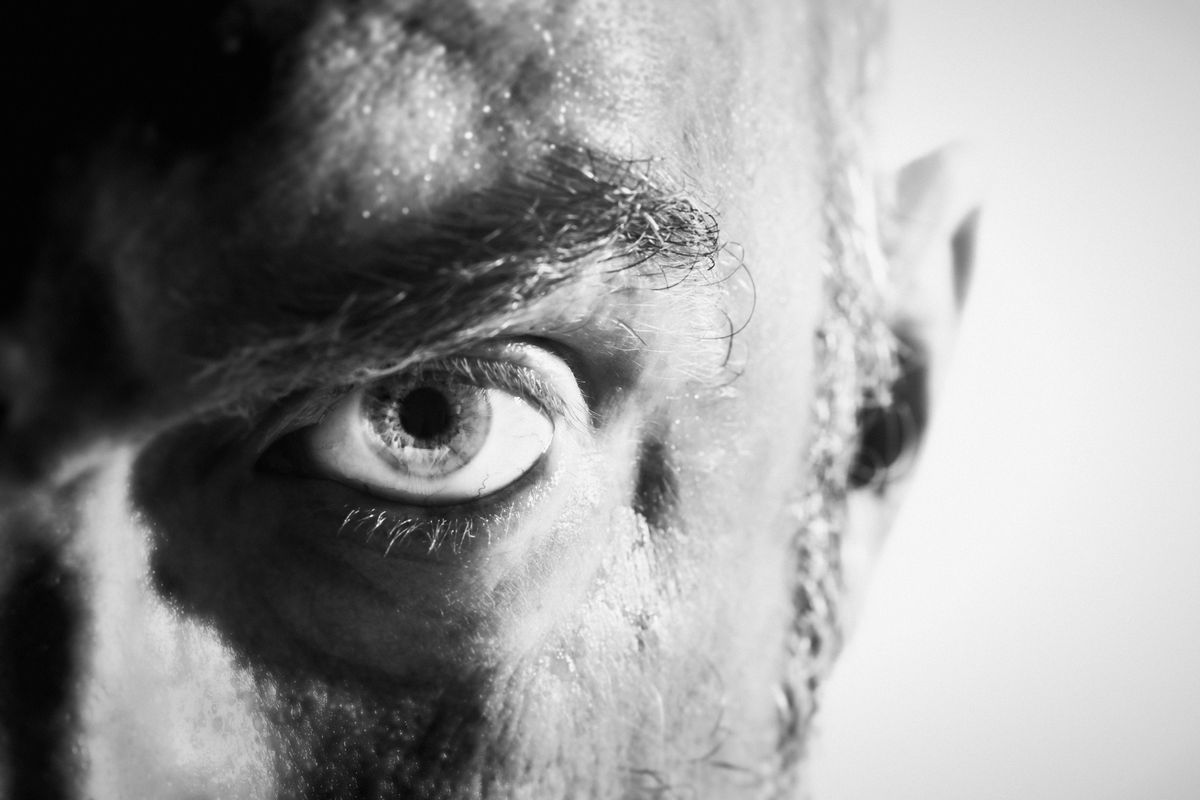
#DO PSYCHOPATHS PASS PHYCHOLOGICAL TESTS SERIAL#
And not all serial killers are psychopaths or sociopaths.īut America’s Federal Bureau of Investigation (FBI) has noted certain traits shared between known serial killers and these anti-social personality disorders. There’s a particularly interesting link between serial killers and psychopaths or sociopaths-although, of course, not all psychopaths and sociopaths become serial killers. In essence, their difference reflects the nature versus nurture debate. Psychopaths are born and sociopaths are made.

Sociopathy describes behaviors that are the result of a brain injury, or abuse and/or neglect in childhood. But for those who do differentiate between the two, one thing is largely agreed upon: psychiatrists use the term psychopathy to illustrate that the cause of the anti-social personality disorder is hereditary. Psychopaths don’t get carried away in the moment and make fewer mistakes as a result.īoth act on a continuum of behaviors, and many psychologists still debate whether the two should be differentiated at all. The smart ones will leave few clues that may lead to being caught. Psychopaths, on the other hand, will plan their crimes down to the smallest detail, taking calculated risks to avoid detection. And they will lack patience, giving in much more easily to impulsiveness and lacking detailed planning. When committing crimes-either violent or non-violent-sociopaths will act more on compulsion. Sociopaths are normally less emotionally stable and highly impulsive-their behavior tends to be more erratic than psychopaths. A core feature of both is a deceitful and manipulative nature. Psychopaths and sociopaths share a number of characteristics, including a lack of remorse or empathy for others, a lack of guilt or ability to take responsibility for their actions, a disregard for laws or social conventions, and an inclination to violence. What’s the difference between a psychopath and a sociopath? That’s why both psychopathy and sociopathy are known as anti-social personality disorders, which are long-term mental health conditions. You just wouldn’t be that self-aware or concerned about your character flaws.


If you were, it's doubtful you'd be interested in taking that personality test. (If you’re worried about yourself, you can take a quiz to find out, but before you click on that link, let me save you some time: You’re probably not a psychopath or sociopath. Prevalence rates come in somewhere between 0.2 and 3.3 percent of the population. Odds are, you might just know one-at least one. They’re master manipulators of other peoples’ feelings, but are unable to experience emotions themselves. Or they may manipulate someone else into breaking the law, while keeping themselves safely at a distance. These are known as “successful” psychopaths, as they have a tendency to perform premeditated crimes with calculated risk. And they hide among us-sometimes as the most successful people in society because they’re often ruthless, callous, and superficially charming while having little or no regard for the feelings or needs of others.

Most of us, fortunately, will never meet a Hannibal Lecter in real life, but psychopaths and sociopaths certainly exist. Think Hannibal Lecter in Silence of the Lambs, Norman Bates in Psycho, and Annie Wilkes in Misery. "Psychopath" and "sociopath" are popular ways of describing the violent monsters born of our worst nightmares.


 0 kommentar(er)
0 kommentar(er)
